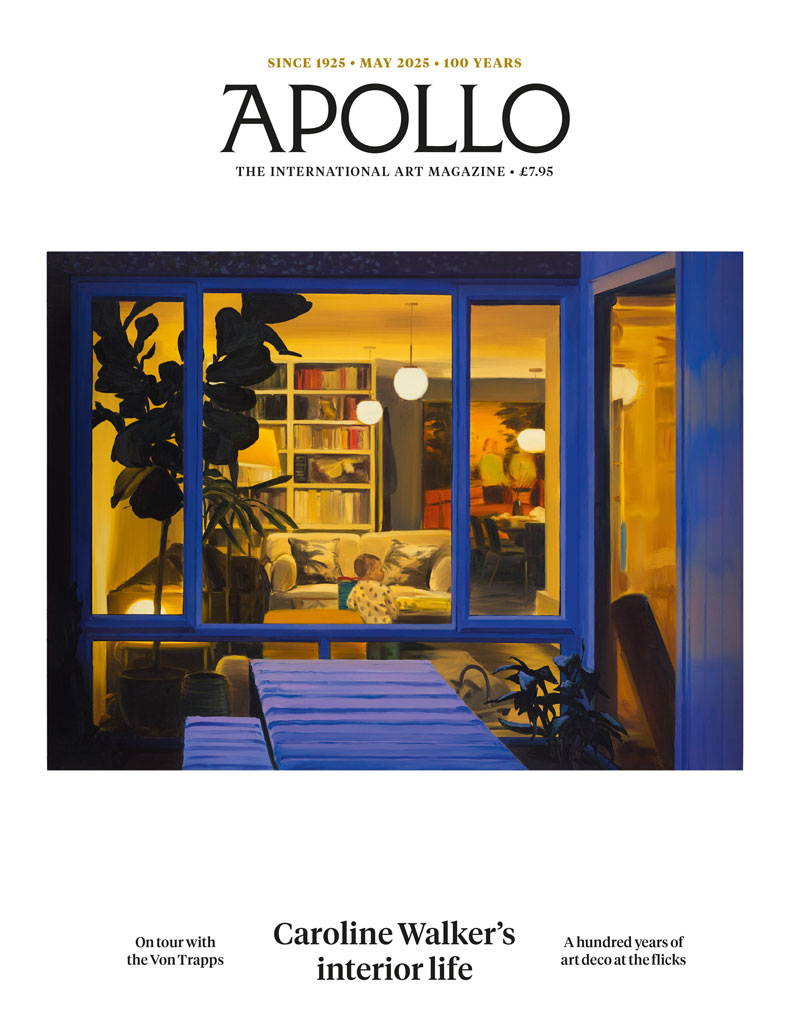After the first state visit of President Trump’s second term, to Saudi Arabia, the main headline was the $142bn arms deal the United States has signed with the Kingdom. While some of that figure may include previously agreed deals, it’s still good news for arms manufacturers. Meanwhile, in the cultural sphere, the attention of the art press was caught by the agreement between the Smithsonian National Museum of Asian Art and the Royal Commission for Alula (RCU) ‘to enhance cultural exchange and mutual understanding between museum professionals and scholars’.
Your roving correspondent’s eye was also caught by another Smithsonian deal. The National Zoo and Conservation Biology Institute (NZCBI) has agreed to support the RCU’s efforts to conserve the Arabian leopard and to ‘create the only Arabian leopard exhibit in the United States’. Panthera pardus nimr is a critically endangered species, of which fewer than 120 animals are thought to survive in Oman and Yemen. In Saudi Arabia, its extinction in the wild has led to an intensive captive breeding programme; the birth of triplets really gave it something to roar about in 2024.
It was only as recently as January, in the same week as Trump’s second inauguration, that the Smithsonian National Zoo was celebrating the return of giant pandas to Washington, D.C. With geopolitics being as unpredictable as they are, perhaps the furry Chinese ambassadors should avoid getting too comfortable? Thanks to Saudi Arabia, there’s a new soft-power animal in town.














![Masterpiece [Re]discovery 2022. Photo: Ben Fisher Photography, courtesy of Masterpiece London](http://zephr.apollo-magazine.com/wp-content/uploads/2022/07/MPL2022_4263.jpg)
Suzanne Valadon’s shifting gaze